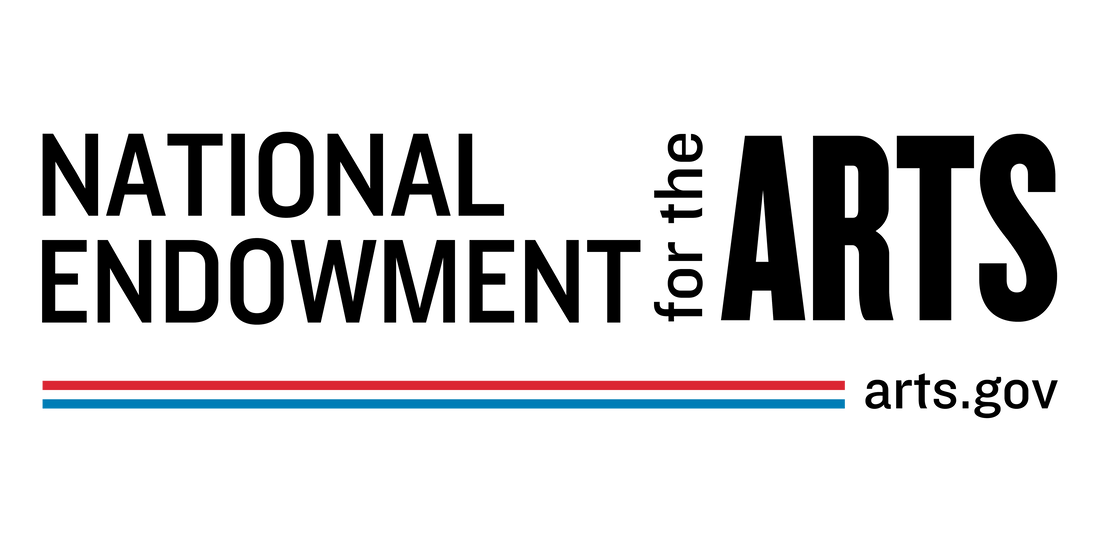|
Happy Sunday, all! Today's BIBA Blog is the first artist spotlight of the COOS 7th season! This spotlight features the composer, producer, songwriter, and multi-talented artist Marcus Norris! Having worked and continuing to work in multiple different genres, Marcus Norris's passion for concert music and melding other influences into the world of concert music yields a unique, captivating artistry that is worth exploring. His hard work and dedication has paid off in the success of his chamber orchestra, recognition from various media and music institutions, and his thriving pursuit of a PhD at UCLA. BIBA : How did you get your start in music and in composition? MN : I might be the only person I know that came into classical composition by way of rap and R&B. My uncles Nate and Dre had a group called Loonside. They introduced me to making beats with FL Studio when I was 13. I got obsessed with it and spent all day everyday making music. In high school I rapped and produced with friends. When I graduated I got a scholarship for 2 years to a community college that the state of Michigan was giving to low-income kids at the time. I found a recording technology program at Schoolcraft College, outside of Detroit, and enrolled there. While there I had to learn basic music skills like how to read music, and was introduced to music theory. I loved it and did well, so I took some advanced independent studies in more theory and jazz harmony. Then I was going to transfer to Columbia College Chicago for audio engineering, but decided last minute that if I was being honest with myself, I liked the creation better than the science, so I switched to music composition. I went on to get a full ride for my masters at FIU in Miami, and then my PhD at UCLA, where I am today. I'm still a producer and songwriter, but concert music fills a different need for me. BIBA : Your voice includes a multitude of stylistic approaches. How do you navigate these influences? Can you describe a moment, if any, where one style seemed to speak stronger than another or others? MN : I've had to learn over time to just respond to all art, music, and people as authentically as possible. I navigate influences by just being honest with myself about what resonates with me. Everyone's specific perspective makes them unique. The word 'biases' usually has a negative connotation, but they aren't inherently a bad thing in this context. As for specific moments where one style speaks louder, this happens everyday for me. My moods can differ drastically day to day, and I just try to be absorbed by whatever influence is speaking to me at the time. I might only listen to new bass-heavy trap for a few days, and then need to exclusively play Debussy piano pieces the following week. BIBA : Your first violin concerto was recently performed a number of times, including in China (congratulations!). How was this experience for you? If you could change something about it, what would it be? MN : Thanks! China was amazing. When you compose music that is extremely personal and vulnerable, it is always powerful when it resonates with people who have very different lives than you, and in this case, don't even speak the same language. I'll remember those moments always. The only thing I would have changed would have been to have some of my loved ones there so they could experience it with me. But in reality, I think that specific trip at that specific point in my life was something I needed to do on my own. BIBA : You started the South Side Symphony this year. What made you decide to begin this chamber ensemble, and how has the process been so far? Where do you plan to take this ensemble in the next couple of years? MN : The mission with South Side Symphony is "Our Music in Our Time." I am extremely grateful and blessed to work with some great ensembles, but I recognize that these opportunities have been exceptions. In other situations, I feel like as a Black composer I'm often expected to alter what I do to fit into mediums and scenarios that weren't designed for us (or were designed to exclude us). Situations and mediums that aren't always even conducive to the telling of our stories. I wanted to create a space where this cultural and artistic compromise isn't necessary, and we can celebrate the things that make us who we are. And do so in a way that is culturally relevant in a wider context, and isn't exclusionary of audiences who aren't learned in music. My short version is "What if the orchestra didn't exist as a concept and was invented today by a Black 20-something in America? What would that look like? What would they play? Where would they play?" The big thing to watch from us starting very soon is community partnerships with organizations who resonate with the music and the mission. It's very important to me that South Side Symphony exists as a member of the larger community and culture, and not as an isolated island. I'm very excited to be partnering with some brilliant people and organizations. I'm always looking for more like-minded groups to collaborate with. We're starting in LA, but long term I want to travel and bring South Side Symphony events to other cities. BIBA : I give you the commission of a lifetime: unrestricted funds and resources and time. What piece would you compose? MN : I've worked with dance, film, singers, theater, pop and concert music. I had the thought recently that it would be fun to try to bring all these elements together to make a modern fusion opera. I'm actually gonna write one as my PhD dissertation project, and I'm workshopping an excerpted scene in LA this December. Filmmaker Adamma Ebo is writing the libretto. If I had unlimited funding and time, I would do this same type of project, just on a bigger scale and with a 90 piece orchestra (LOL). - - - - - - - - - - - - - - To learn more about Marcus Norris, please use the following links: Website Instagram: @MarcusNorris; @SouthSideSymphony South Side Symphony website (sign up for mailing list!)
0 Comments
by Brittany J. Green I was born in the sweltering piedmont of North Carolina. Same as my mother. And my mother’s mother. And her mother. And her mother was born into slavery, a child of the plantation master in this very place. Her memories of the mistress rocking on top of her adolescent body with a rocking chair have stayed with my family, along with her love for God and the Black Church. For generations – both in the Black community at large and within my southern family – the Black Church has been more than a place of worship, religion, and spirituality. It has been the impetus of our communities and the source of so many things that the world has denied us –Agency, Leadership, Identity, and Voice – enclosed within a unique, Black sonic space. My first encounters with sound were in this space. A Black, evangelical, southern space. Filled with foot-stompin’ and hand-clappin’ oom-pahs, tambourine shakes, and syncopated rhythms. Drum fills, extended chords on a Hammond organ, and the voices of a choir full of vibrato, scoops, and spirit under the lead singer’s melismas. The high-pitched exclamations of agreement from “church mothers,” and the song-like declarations from the pastor. This communal sonic space was full of sound, but all about feeling, reacting, and the recontextualization of our identity and place within the world around us. As I grew older, I began engaging in art music. I was fascinated by the drama of classical music– the blending of timbres, the tension and release, and the rigorous contrapuntal development of all the “great” works of the past. Every note sounded like it was perfectly placed, yet, I couldn’t help but feel like something was missing. I loved this music, but it wasn’t quite resonating with me the way I thought it should. My curiosity eventually led me into the world of Avant-Garde music, Experimental music, and Sound Art through the works of Amiri Baraka and Julius Eastman, among others. These artists redefined sound, gesture, and the act of listening in a way that reminded me of my first encounters with sound. I felt their works just as much as I heard them. I still remember the first time I heard Julius Eastman’s Stay On It. Both my mind and my body were on fire. For me, listening to this piece was an indescribably beautiful, visceral, and spiritual experience. I felt as if the music was inviting me to hear with my whole body as if to feel the piece was to hear the piece. Shortly after, I heard Amiri Baraka’s It’s Nation Time for the first time. Baraka’s use of voice and contextualized sound to create agency, identity, and community within a non-physical sonic space was powerful, and again, reminded me of my first encounters with sound. These encounters gave me insight on how to reframe my childhood experiences of sound outside the context of the Black Church sonic space in my own work. These artists made me feel connected to my heritage and my past in a way that also defied stereotypes of "the Black sound,” and knowing their work helped dilute the “otherness” I felt as a Black artist interested in art music. More specifically, as a Black artist interested in exploring sound as both an intellectual and evocative object, an object that can be used to foster community and identity, and a Black sonic space outside of the realm of spirituals, these embodied encounters were life-changing. Brittany J. Green (b. 1991) is a North Carolina-based composer, creative, and educator. Described as “cinematic in the best sense” and “searing” (Chicago Classical Review), Brittany’s music is centered around facilitating collaborative, intimate musical spaces that ignite visceral responses. The intersection between sound, movement, and text serves as the focal point of these musical spaces, often questioning and redefining the relationships between these three elements.
Creative interests include mapping aural gestures to gestural recognition technology and exploring VR platforms as a tool for experiencing immersive, intimate musical moments. Her music has been featured across the United States at the NYC Electronic Music Festival, SCI National Conference, SPLICE Institute, Electroacoustic Barn Dance, West Fork New Music Festival, and Bowling Green Graduate Conference. She has presented research at the NC Music Educators Association Conference, ECU Research and Creative Arts Week, and Darkwater Women in Music Festival. From 2018-2019, Brittany served as composer-in-residence for the PCS/ECU Young Composers Project. Current projects include commissions from JACK Quartet as an inaugural member of JACK Studio, Margins Guitar Collective, and bassist Kate Alexandra. She is currently pursuing a Ph.D in Music Composition at Duke University as a Dean’s Graduate Fellow. Check out Brittany J. Green's website HERE, and follow her on social media! See below: Soundcloud: (Brittany J. Green) https://soundcloud.com/brittany-green-381873684 YouTube: (Brittany J. Green) https://www.youtube.com/channel/UCpahQl5t2bZ23KA3jhmvcgg Facebook: www.facebook.com/greenb Instagram: @brittanyjgreenmusic by Anthony R. Green Castle of our Skins mourns the loss of a great musician - vocalist Jessye Norman. I say vocalist because her vocal palette was overflowing with colors, as her fans will attest, and as is on display in the video below. I was recently traveling from Berlin to Sweden, and felt simultaneous joy and sorrow when I saw a snippet about her passing on the monitors at Tegel airport. At this moment, I already knew of her passing, but it was refreshing to see Germany - one of her many "homes" - give her this tribute with the heading Opern-Legende gestorben : deceased opera legend. That she truly was, and so much more. When I was a grad student doing my masters at New England Conservatory with Ashe Gordon, I took a class with my composition teacher Dr. Robert Cogan, where - at one point during the semester - we compared different recordings of certain works. I remember clearly Dr. Cogan stating that the recording and interpretation of Der Erlkönig by Franz Schubert was one of the best he has ever heard. Dr. Cogan is a man who does not say such things without meaning them. He played the recording for the class. I remember being absolutely floored. Who is this woman? I asked myself. Why am I just finding out about this miracle of a woman? That week, I must have listened to this opera genius's Der Erlkönig at least 50 times, each time learning something new about the piece and hearing something different about Queen Norman's voice. I still am filled with awe and joy when I hear this recording, despite the song being so dark. What a happy coincidence it was when it was announced that Queen Norman was to receive an honorary doctorate from New England Conservatory during the May commencment ceremony! Ashe was chosen to be the alumni speaker, and gave an inspiring speech to the graduating class. Afterwards, Ashe had the opportunity to speak to this legend. Ashe told Queen Jessye Norman about Castle of our Skins, about our work, and about the legacy that we want to create. Ashe got to tell this to Queen Norman at the very place where Ashe and I met, on the very stage where Ashe and I performed together, and walked across as Masters of Music. Many people have cried for genius Jessye this week. To pass at 74 when just a mere 5 months ago there were little signs of poor health is a shock. And while her passing would have sent shock waves at 94, 104, 114, and even 124, a passing at such a relatively young age makes the world yearn for some extra moments of beauty, grace, and divinity. Jessye Norman was a model of poise, sophistication, and brightness. Fortunately for those who have experienced her incredible character in some way, we can say that we were truly touched by an angel. |
Details
Writings, musings, photos, links, and videos about Black Artistry of ALL varieties!
Feel free to drop a comment or suggestion for posts! Archives
May 2024
|
Member Login
Black concert series and educational programs in Boston and beyond
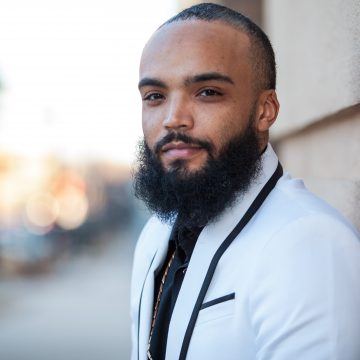
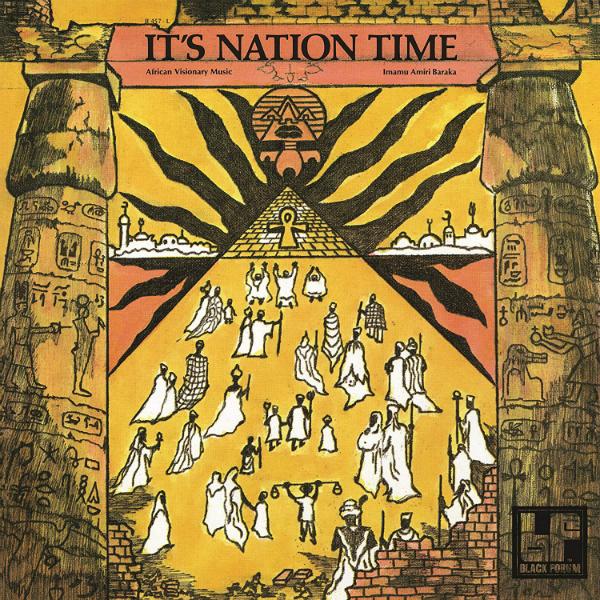
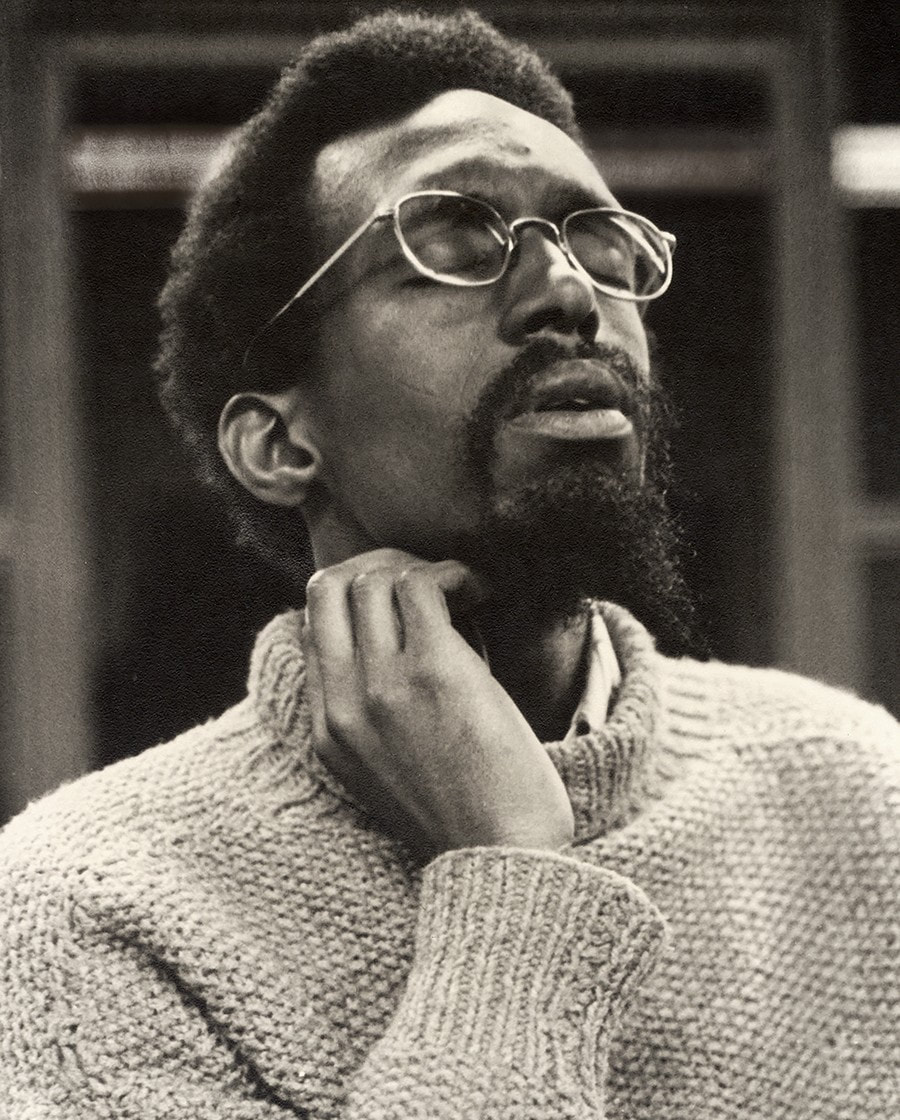
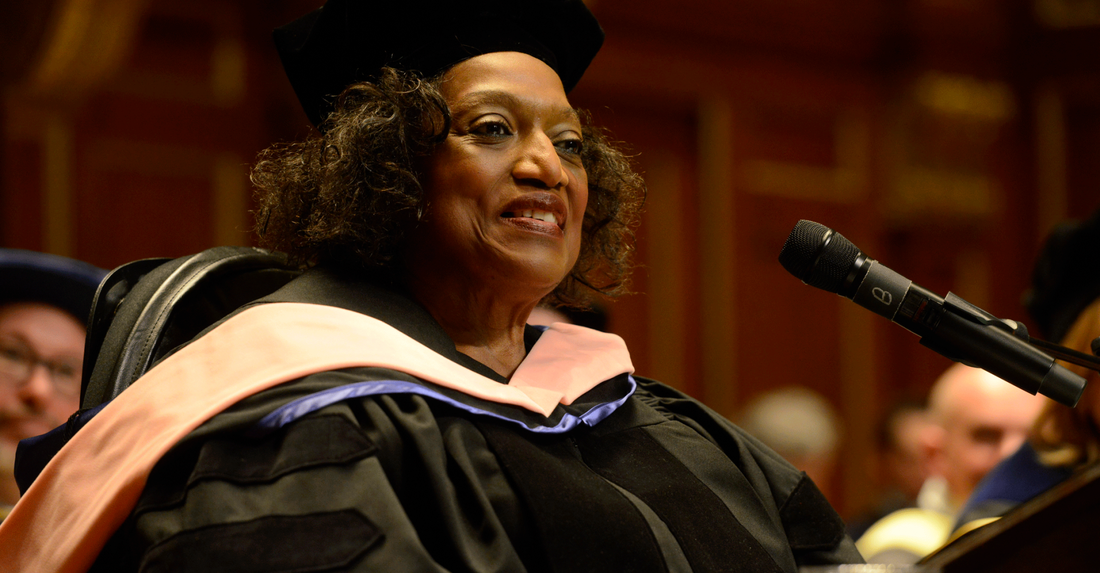
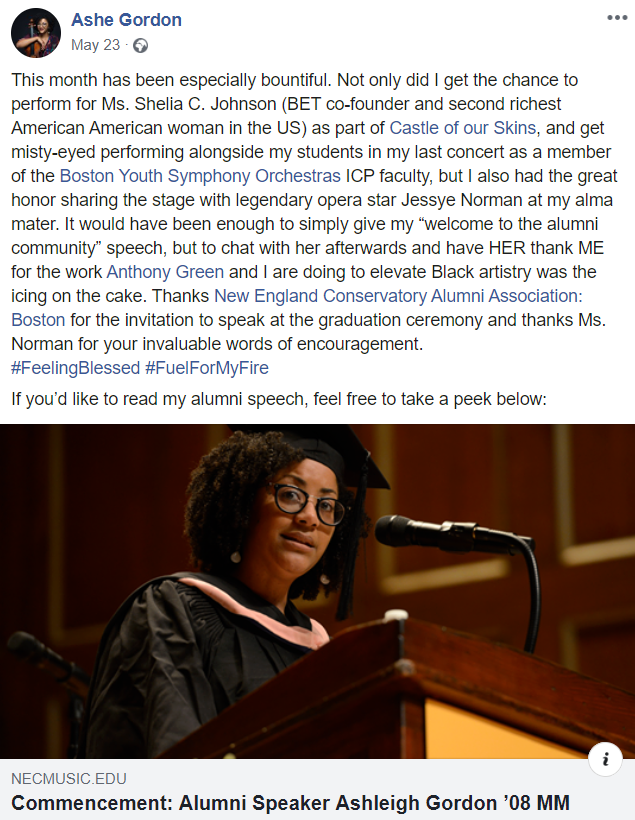

 RSS Feed
RSS Feed







